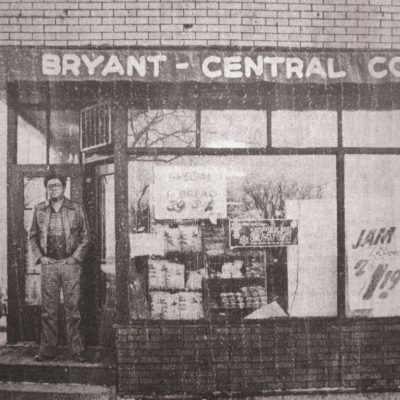Isuroon: Changing Food Shelf Culture
Taking its name from a Somali word meaning “woman who cares for herself,” Isuroon believes that empowering women is key to building a thriving community. Founded in 2010, the organization was launched to address unmet healthcare needs of Somali women with the goal of eventually opening an ethnic food shelf, providing healthful foods to any person in need. The nonprofit operates on the principle that Somali culture emphasizes different values about medicine, health and illness than Western medical traditions. Over the years, Isuroon has become a trusted place in the community because of its cultural insight and collaborative approach.
“SEED donations have a direct impact on food insecurity of immigrants who are elders and women with young children. We purchase culturally specific food and serve our community in a dignified way.”
—Fartun Weli, Isuroon Exective Director
Today, the organization has been able to expand the breadth of their services and open a culturally specific food shelf, thanks to the support of the community—including Seward Co-op. Without the generosity of our shoppers participating in SEED round-ups for Isuroon, other grants and funding they’ve received may not have been possible to secure. In the years leading up to opening the food shelf, Isuroon was a two-time SEED recipient. In December 2014, 39,702 Seward Co-op shoppers rounded-up a total of $18,558. Then in December 2015, an astounding 50,081 Seward Co-op shoppers rounded-up a whopping $24,099, in a single month. These donations showed that the community was behind this organization, and Isuroon was able to secure the necessary funding to open the food shelf on May 18, 2016.
Isuroon is our SEED recipient for March 2017. So far, Seward Co-op owners, shoppers, and diners have donated $65,410 (December 2014: $18,558, December 2015: $24,099, June 2016: $22,753) to the organization. Past funds raised by Seward Co-op have been used to launch the food shelf portion on the nonprofit and cover expenses related to operation, such as securing space, supplies and food. With the continued support of our shoppers and diners, Isuroon plans to increase community engagement surrounding the food shelf, raise awareness for the unmet nutritional needs of the Somali community, and educate and inform the Somali community about health and wellness.
Isuroon has been able to grow to where they are today because of their courageous and dedicated staff, and in part, because of Seward Co-op’s generous shoppers and owners. This story truly demonstrates how cooperative economics support the local economy.

